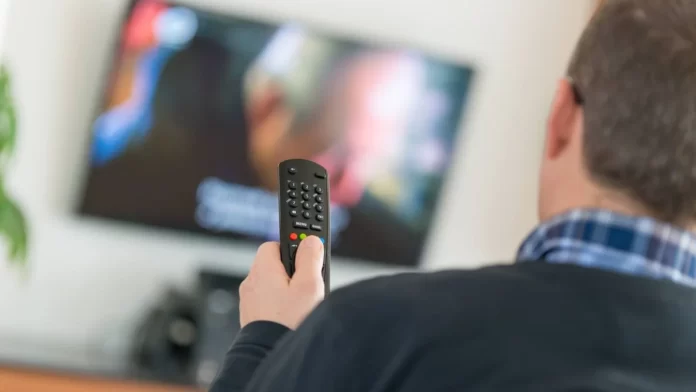With the growing popularity of streaming services, many people are questioning the need for cable TV. Cable TV was once the only option for entertainment, but now, streaming services are gaining momentum, and people are wondering if they are as good as cable plans, with convenient payment options such as Spectrum Bill Pay making it easy to access your favorite streaming services. This blog post will compare and contrast cable TV and streaming services to help you decide which one is better.
Cost
One of the most significant advantages of streaming services is that they tend to be less expensive than traditional cable TV packages. With streaming services, there are no installation fees, and no long-term contracts to sign. Users typically pay a monthly fee that varies depending on the platform and the plan they choose. For example, Netflix’s basic plan starts at $8.99 per month, while its most popular plan is $13.99 per month. Hulu’s basic plan starts at $5.99 per month, and its ad-free plan is $11.99 per month.
On the other hand, cable TV packages can be much more expensive. Cable companies often require customers to sign long-term contracts and charge additional fees for installation, equipment, and premium channels. The average cost of a basic cable TV package in the United States is around $60 per month, while premium packages can cost over $100 per month.
Availability
Cable TV has been around for decades, and it is available in most areas. However, not all cable providers offer the same channels or packages, so it may be difficult to find the channels you want. Streaming services, on the other hand, are available worldwide, and they offer a wide range of content from different genres. Looking for purchasing a new spectrum TV. Check out the Spectrum TV cost here.
Customization
One of the biggest advantages of streaming services is that they allow you to customize your viewing experience. You can choose the content you want to watch, and you can watch it whenever you want. You can also pause, rewind, and fast forward the content. Cable TV, on the other hand, does not offer this level of customization. You have to watch the shows when they are scheduled, and you cannot pause, rewind, or fast forward the content.
Content
When it comes to content, streaming services have a significant advantage over cable TV. Streaming platforms offer a vast library of on-demand shows and movies that viewers can watch whenever they want. For example, Netflix has over 3,500 movies and 2,000 TV shows, while Hulu has over 85,000 episodes of television from over 1,700 different shows. Amazon Prime Video also has an extensive library of shows and movies, including its own original content like The Marvelous Mrs. Maisel and The Man in the High Castle.
Cable TV packages, on the other hand, offer live TV and access to premium channels like HBO and Showtime. While viewers can record shows to watch later, they are still limited by the channels and programming offered by their cable provider.
Picture and Sound Quality
Streaming services are known for their high picture and sound quality. They offer content in high definition and 4K, which provides a better viewing experience. Cable TV also offers high picture and sound quality, but it depends on the provider and the package you choose.
Convenience
Another advantage of streaming services is convenience. With streaming services, viewers can watch their favorite shows and movies on any device, from anywhere with an internet connection. Users can stream content on their TVs, laptops, tablets, and smartphones. Streaming services also offer the option to download content to watch offline, which is useful for people who travel frequently or have limited internet access.
Cable TV, on the other hand, requires customers to have a cable box and a TV to access their programming. While cable companies have started to offer apps that allow customers to stream content on their mobile devices, the experience can be clunky and limited.
Quality
When it comes to video and audio quality, streaming services have made significant improvements in recent years. Most platforms now offer content in high definition (HD) and some even offer 4K and HDR (high dynamic range) video. Streaming services also use advanced compression algorithms to ensure smooth playback and reduce buffering.
Read Also: Is Gotham Garage Real or Fake? Genuine Customer Review
Cable TV providers also offer HD programming, but the quality can vary depending on the cable company and the viewer’s location. Some cable companies also compress their video signal, which can lead to reduced quality and issues like pixelation and distortion.
In conclusion, streaming services are an excellent alternative to cable TV. They are cheaper, more customization, and more convenient than cable TV. They offer a wide range of content from different genres, and they allow you to watch your favorite shows whenever you want. However, cable TV still has some advantages, such as live content and a wide range of channels. Ultimately, the choice between cable TV and streaming services depends on your preferences and budget.





